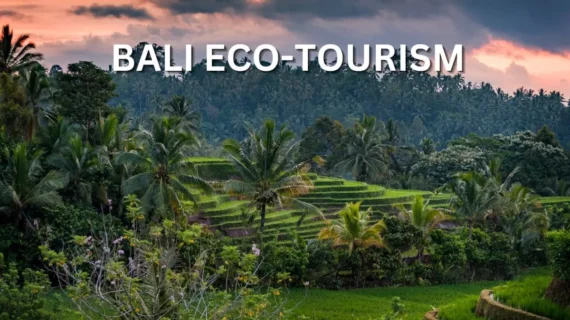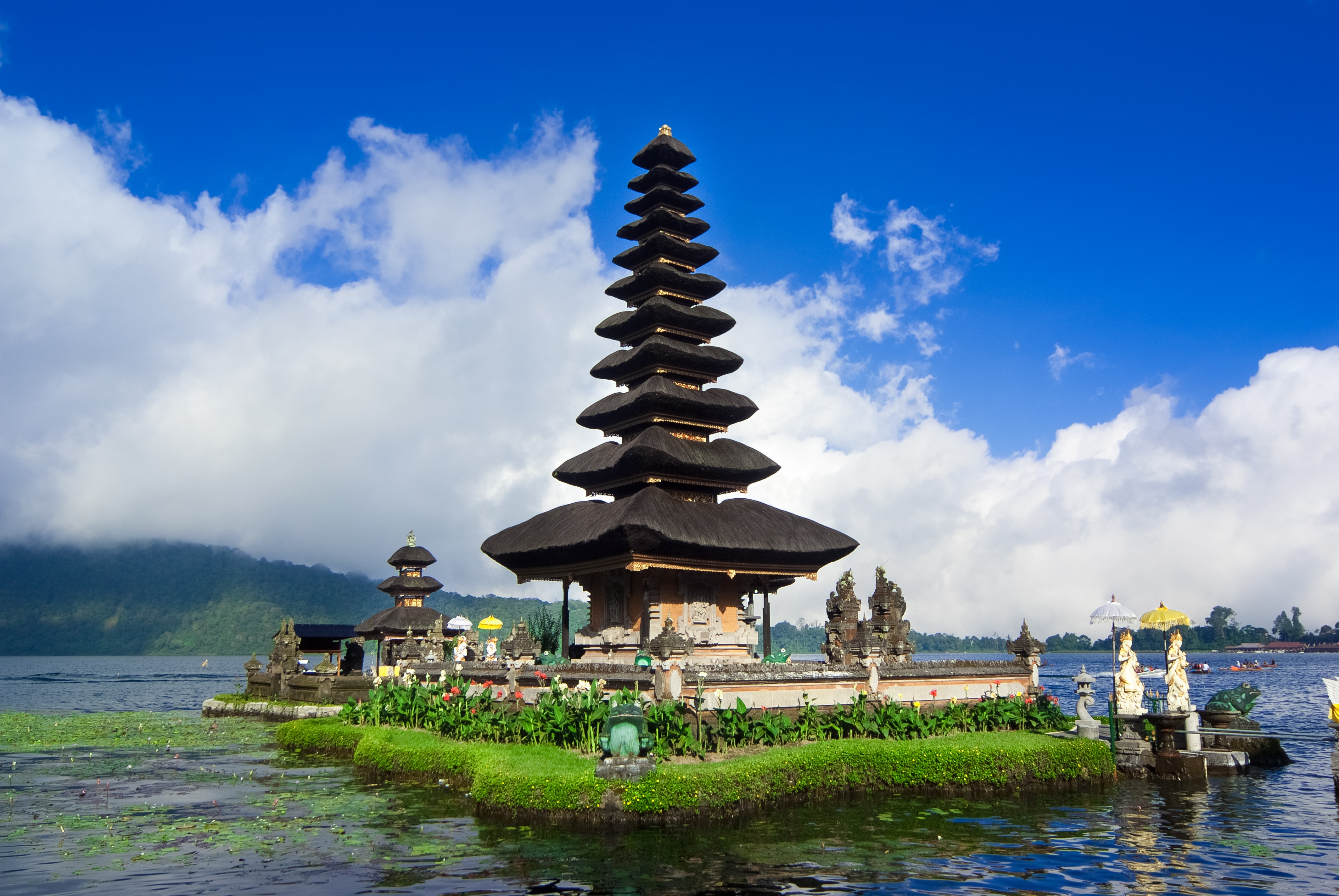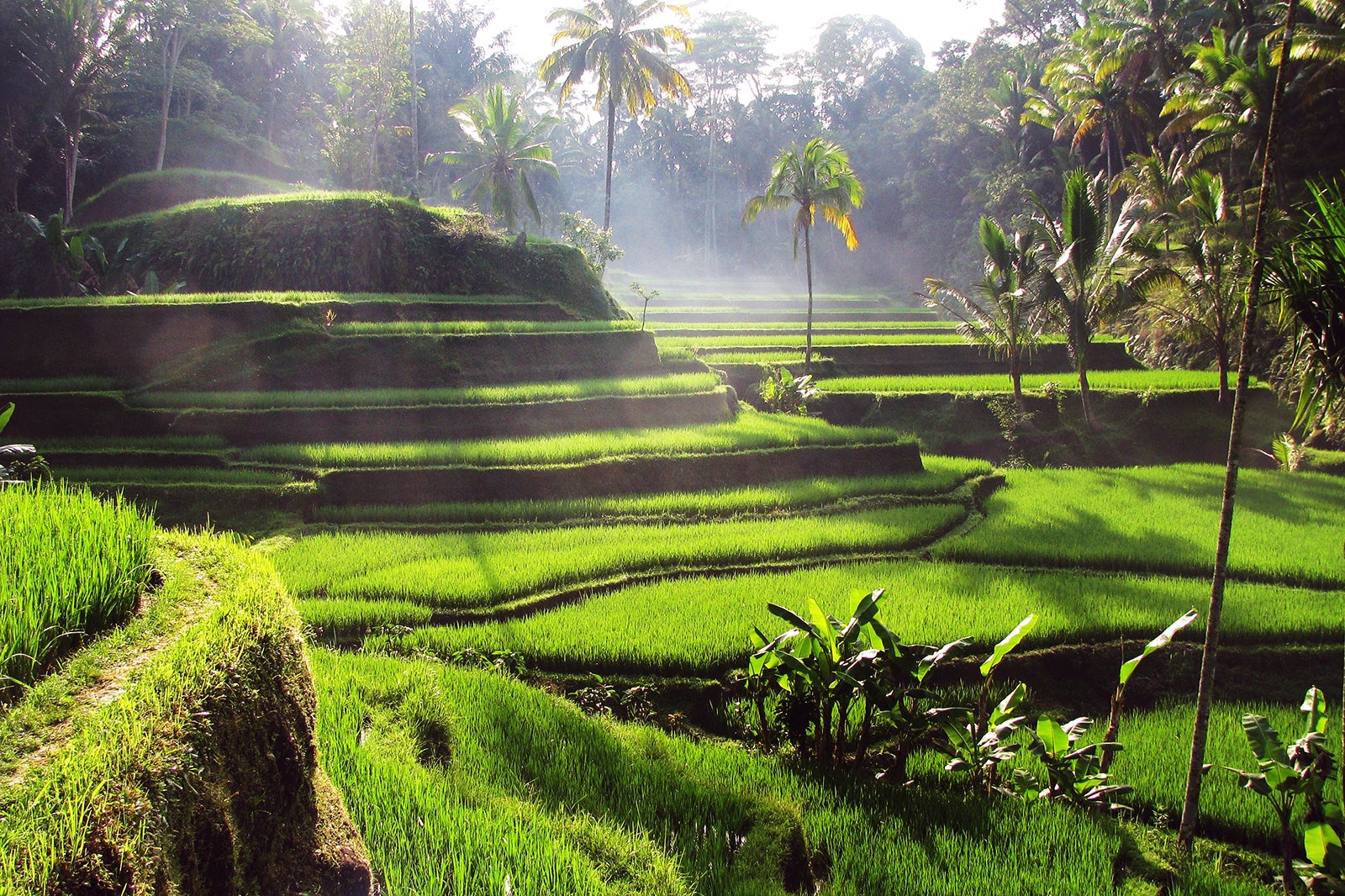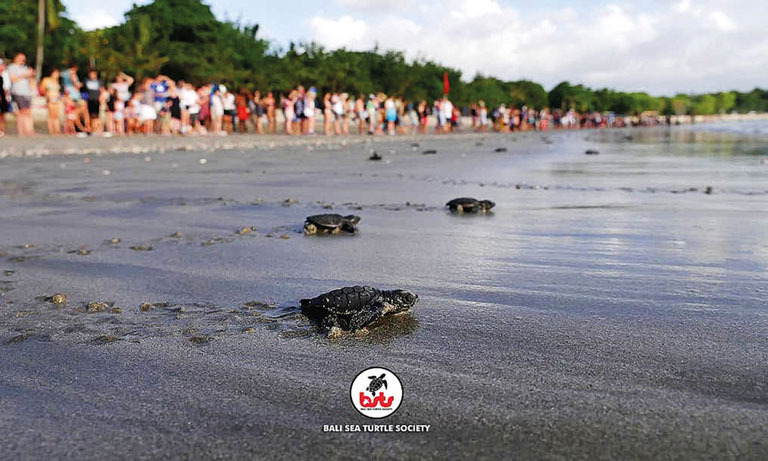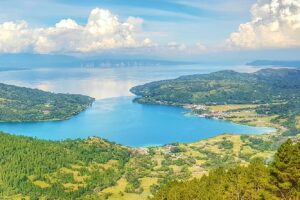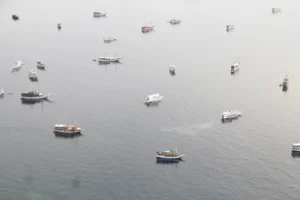Eco-tourism, a concept that blends adventure with environmental responsibility, has become increasingly popular in Bali. This unique form of travel allows visitors to experience the island’s natural beauty while contributing to its preservation. From lush rice terraces to serene temples, Bali offers a range of eco-friendly destinations that not only provide unforgettable experiences but also support local communities and conservation efforts.
The Rise of Eco-Tourism in Bali
Bali is renowned for its breathtaking landscapes and rich cultural heritage, but the island is now embracing a new trend: eco-tourism. This movement emphasizes sustainable practices, community engagement, and environmental education. As more travelers seek meaningful experiences, Bali’s eco-tourism initiatives have gained momentum, transforming traditional tourist spots into vibrant hubs of conservation and cultural exchange.
The shift towards eco-tourism is driven by growing awareness among both locals and tourists about the importance of preserving Bali’s natural resources. This has led to the development of several eco-tourism destinations that not only protect the environment but also empower local communities through economic opportunities.
1. Pura Ulun Danu Beratan, Bedugul
Pura Ulun Danu Beratan, located in Bedugul, is one of Bali’s most iconic eco-tourism sites. Nestled on the shores of Lake Beratan, this temple is a stunning blend of natural beauty and spiritual significance. The temple appears to float on the water, surrounded by emerald hills and cool mountain air. Its architectural design, featuring tiered pagodas, adds to its mystical allure.
The temple serves as a sacred site for Balinese Hindus and hosts various religious ceremonies throughout the year. Visitors can experience a sense of peace and spirituality while exploring the serene surroundings. Additionally, the area around the temple is well-preserved, with strict regulations in place to maintain its ecological integrity.
2. Desa Penglipuran, Bangli
Desa Penglipuran, located in Bangli, offers a glimpse into Bali’s traditional way of life. This village, free from motorized vehicles, is known for its clean streets, tranquil atmosphere, and well-preserved architecture. It is an excellent destination for those seeking an authentic cultural experience.
Visitors can participate in various eco-tourism activities such as cycling through the village, learning traditional crafts, and attending local ceremonies. The community places a strong emphasis on sustainability, with efficient waste management systems and reliance on renewable energy sources.
3. Kebun Raya Bedugul
Kebun Raya Bedugul, situated in the mountainous region of Bedugul, is a botanical garden that showcases a diverse collection of native and exotic plants. This eco-tourism destination is ideal for nature lovers who appreciate the beauty of greenery and fresh mountain air.
The garden features numerous educational programs focused on plant conservation and environmental awareness. It also provides picturesque spots for photography, making it a favorite among travelers. By supporting Kebun Raya Bedugul, visitors contribute to the preservation of biodiversity and the promotion of sustainable practices.
4. Terasering Tegalalang, Ubud
Terasering Tegalalang in Ubud is a must-visit for anyone interested in the cultural and agricultural heritage of Bali. The terraced rice fields, designed using the traditional subak irrigation system, offer a stunning visual spectacle. This eco-tourism destination allows visitors to witness the age-old techniques used by local farmers to cultivate rice sustainably.
In addition to its scenic beauty, Tegalalang provides opportunities for trekking, cycling, and photography. The use of organic farming methods ensures that the land remains fertile and productive, benefiting both the environment and the local community.
5. Pusat Konservasi dan Pendidikan Penyu Serangan, Denpasar
Located on Pulau Serangan in Denpasar, the Sea Turtle Conservation and Education Center is an educational eco-tourism destination. This center plays a crucial role in protecting endangered sea turtles through breeding, rehabilitation, and release programs.
Visitors can learn about the life cycle of sea turtles and the challenges they face in the wild. The center also collaborates with local communities and environmental organizations to promote marine conservation. By visiting this site, tourists actively contribute to the protection of marine ecosystems and the preservation of wildlife.
The Future of Eco-Tourism in Bali
As Bali continues to evolve, the future of eco-tourism looks promising. However, challenges such as land conversion and the decline in agricultural employment remain significant concerns. To address these issues, policymakers and local communities are working together to implement strategies that promote sustainable development.
These strategies include creating tax incentives for farmers, strengthening traditional customs (awig-awig), and promoting eco-cultural tourism. By integrating agriculture and tourism, Bali can ensure the long-term survival of its cultural and environmental heritage.
Conclusion
Eco-tourism in Bali offers a unique opportunity to explore the island’s natural and cultural treasures while supporting sustainable practices. From the serene temples of Bedugul to the lush rice terraces of Tegalalang, each destination provides a memorable experience that aligns with the principles of environmental stewardship and community empowerment. As travelers continue to seek meaningful journeys, Bali’s eco-tourism initiatives stand as a testament to the island’s commitment to preserving its legacy for future generations.

